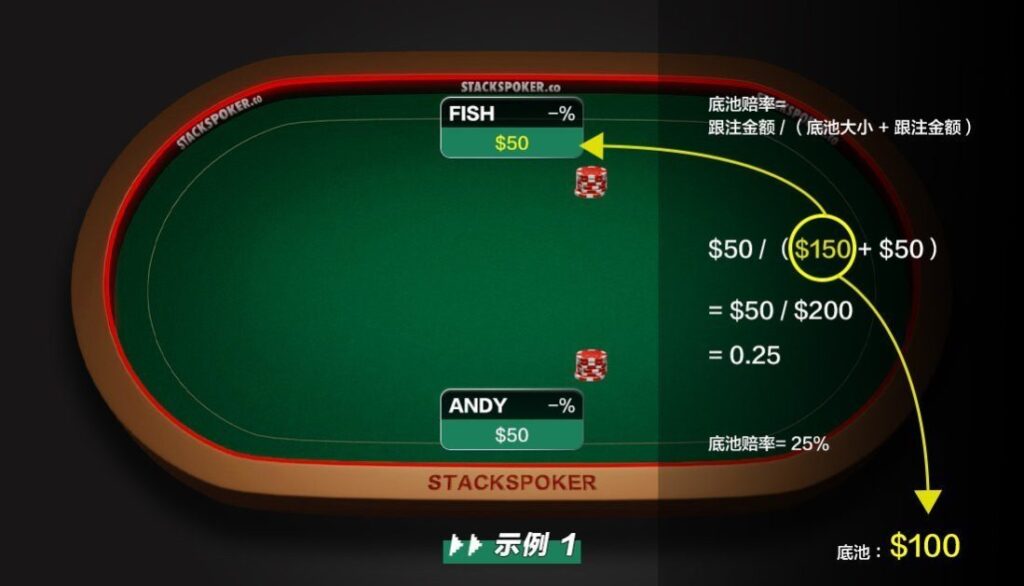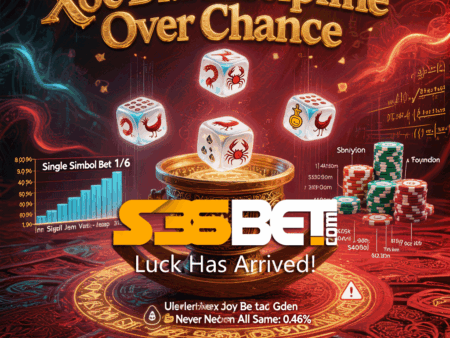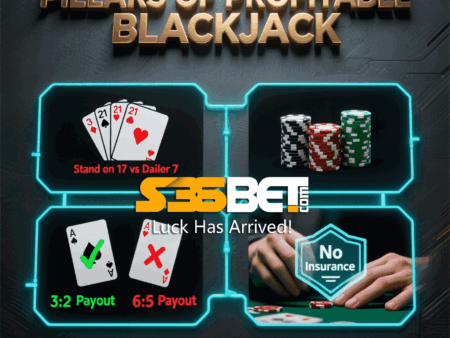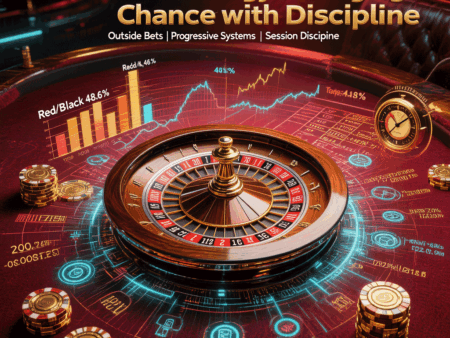In the gambling world, many bets are designed to lure players with high payouts. However, high payouts do not necessarily mean high returns. In most cases, they hide a substantial house edge. Smart, disciplined players prioritize true probability and long-term return rates over flashy rewards.
Betting Guide: Beware of Payout Traps—Probability Is the Real Key

1. Payout Odds vs. True Probability
- Payout Odds: The reward multiplier offered by the casino for a specific outcome (e.g., 8:1, 35:1).
- True Probability: The actual statistical chance of that outcome occurring over time.
If the payout odds are lower than the “fair odds” based on true probability, the player will lose money in the long run—this is the foundation of the house’s profit model.
2. Common High-Payout Traps
1. Baccarat “Tie” Bet
- Payout: 8:1
- True Probability: ~9.5%
- House Edge: ~14.4%
→ Although the odds seem close to the probability, the payout does not offset the high house edge, making it one of the worst bets in baccarat.
2. Sic Bo “Triple” Bet (All Three Dice Match)
- Payout: 150:1
- True Probability: ~0.46% (1 in 216)
- House Edge: 30%+
→ The chance of winning is extremely low, and while the payout is large, long-term losses are significant.
3. How to Avoid Payout Traps
- Calculate or Research True Probability
Always check the real chance of winning before betting, and compare it with the offered payout. - Focus on House Edge
Choose bets with a house edge below 2%, such as baccarat banker bets, blackjack with basic strategy, or even-money European roulette bets. - Think Long Term
Ignore the allure of a single big win—evaluate the expected result over 100 or 1,000 bets. - Reject “High-Risk Jackpot” Thinking
High-payout bets may be exciting, but they are often the most profitable for the casino.
4. Recommended Low House Edge Bets
| Game | Bet Type | Approx. House Edge |
|---|---|---|
| Baccarat | Banker | 1.06% |
| Blackjack | Basic Strategy | 0.5–1.0% |
| European Roulette | Red/Black, Odd/Even | 2.7% |
| Video Poker | Jacks or Better | 0.46% |
Conclusion
The excitement of gambling lies in the balance of risk and reward. However, the first priority for a smart player is protecting the bankroll. No matter how attractive the payout looks, always ask yourself: Is this payout fair compared to the true probability?
Low house edge + understanding probability = a more sustainable winning rate over time.












